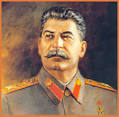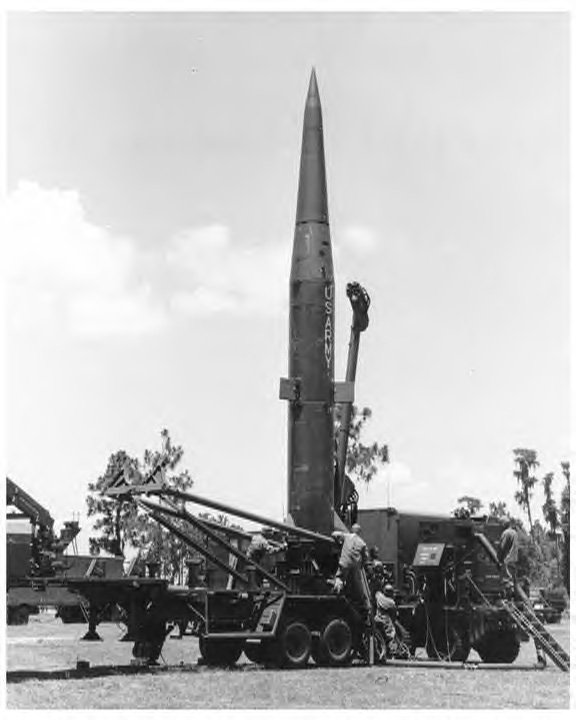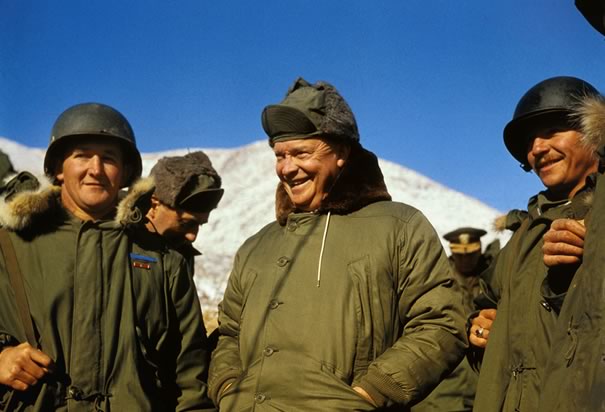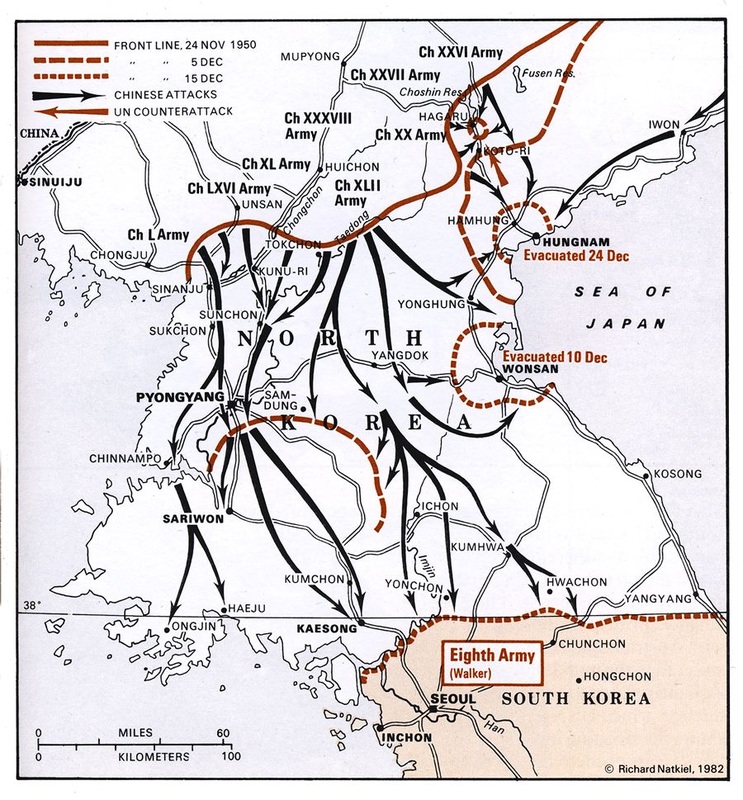Time Urgent
National Security Memo to Mr. Obama, Mr. Kerry and Mr. Hagel
1. Before you take your next steps to deal with the Korean situation reflect on Cold War history of American reaction to our perception of a powerful threat. During the Cold War era Soviet policy, even under Stalin, was first and foremost to avoid another big war. But if a general war broke out, the Soviet generals planned to go all out to push the US off the European continent. Once their forces controlled western Europe the Soviet leaders believed they would be in a strategic position to prevent a repeat of the devastating invasion of Russia in World War II.

The numerous Soviet armored divisions built to carry out this strategy produced strategic trepidation in Europe and in the US; so much so that the US and its allies adopted war plans that would likely escalate war violence to the nuclear level in what must be called a desperate scheme to deter the Soviets from their war plans. In otherwords, they sought to use the threat of nuclear war to keep the Soviets out of western Europe. This counter-threat was quite explicit, starting with Eisenhower.

It is very important to note that the Soviet general war plan was framed as a "counter-attack." This is the mirror image of long-standing American and South Korean plans should general war break out on the peninsula to counter-attack into North Korea and overthrow its communist regime.
During the Cold War it wasn't the semantic difference between "counter-attack" and just plain "attack" that concerned the West, but the capabilities the Soviets amassed to implement their war plans. Professional military officers in NATO had to prepare to counter Soviet capabilities then, just as today professional military officers in North Korea prepare to counter the capabilities of South Korea and its powerful ally, the US. You must understand that it is not 'crazy' for the North Koreans to want nuclear weapons to complicate and frustrate what they understand (correctly from their position) to be the aggressive war plans of Washington and Seoul.
Given that you are dealing with this sort of threat perception and response dynamic, you must pay special attention to how North Korea will perceive the military exercises and preparations by South Korea and the US. In order to help prevent further 'desperate' North Korean behaviors in the current crisis you should use diplomatic channels through China to reassure the North that you do not threaten them with invasion. You can do this without relaxing defensive guard in the south.
You can further signal this non-aggresive intent to North Korean military leaders by decreasing the deployments in the region of those force configurations most suitable for Allied counter-attack or invasion and by a compensatory increase in the deployment of forces optimized for defense of key places and assets in South Korea (especially civilian populations, ports and and military bases in the south.) You should avoid the temptation at this delicate moment to increase Allied offensive military pressure on the North in the belief that such pressure will somehow deter desperate behavior. You can learn from reflecting on American reaction to Soviet defense (counter-attack) doctrine that such postures increase tension and make desperate solutions only seem more rational.

2. As leaders of the world's strongest nation you need to acknowledge among yourselves that North Korea's young leader needs to prove himself to his people, including the generals watching closely over his shoulders. You are secure leaders; he is not. Start figuring out what kind of face saving gestures you can offer him.
It is of little import that you disagree with his assessment of the wrongs U.S. policy has inflicted on his country. You can still demonstrate some empathy for how sanctions hurt North Korea and how he might consider them to be aggression. Signal to him that you understand that his recent "tough guy" behavior means he has to show some results ... beyond getting headlines. Do not belittle him. Figure out what you give him and how to offer it in way that will allow him to receive it with a smile. Remember, you are much more powerful than he is and it is not your strength that is on the line, but rather the lives of hundreds of thousands of Koreans.

3. If you want China's help on restraining the Nort Korean state you must make a credible promise to them that you will withdraw all U.S. forces and leave all bases on the peninsula after the old Stalinist regime collapses -- as everyone expects it will sometime in the next twenty years. Otherwise, it is in China's national interest to keep the North Korean regime limping along ... as long as possible.
Recall the wisdom of the Kissinger-Nixon opening to China in the 1970s and pursue new diplomacy to gain China's full cooperation to help bring lasting peace and modern governance to the Korean peninsula. Korea will need Chinese cooperation and assistance to deal with large-scale social dislocation in the north when the old regime goes. China is strongly motivated to help prevent massive refugee flows into its neighboring territory.

A deal needs to be made with China to non-align Korea when the regime in the north falls and Korea reunifies. The arrangement should also specify that Korea will not be a nuclear armed state. Then China will be free to help the cranky old Stalinists in North Korea move along to their overdue exit from the world stage. The US should consider that a very favorable outcome.
